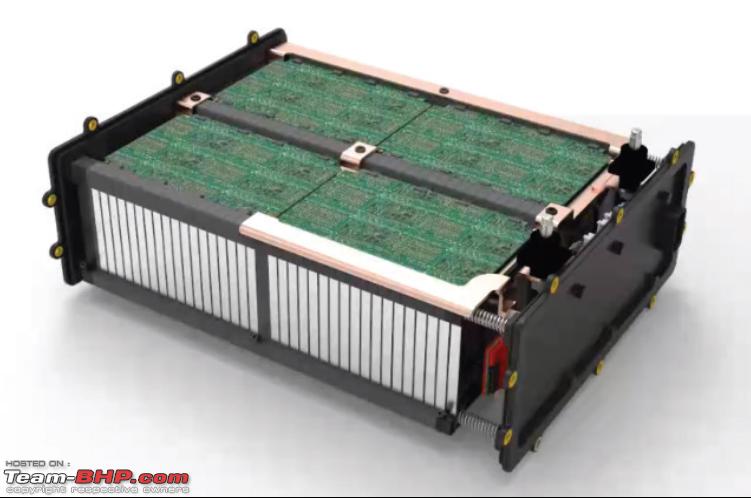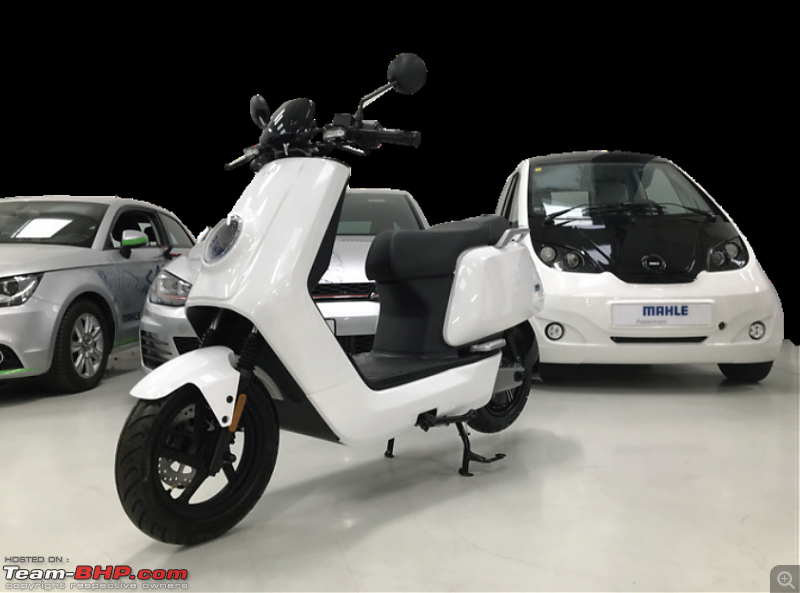| Re: New battery tech could revolutionise EV charging
As much as exciting and optimistic, one must remember that battery side is only one part of story. The other side is of course, the charger.
The article clearly mentions Quote: |
A 500 Wh conventional lithium-ion battery would require a recharge mid-shift that, even with a fast-charger, would take more than 30 minutes.
|
Which implies a 1kW charger. This new battery tech is being misunderstood ó what it guarantees is durability, not speed. To charge a Nexon EV in current state in 90s, you need a 1200kW charger or 1.2MW.
The problem was always lesser on the batteries, more on effective ways to deliver maximum power via chargers. The 90s charging time is theorised to happen with a 20kW charger, not 1kW, on the eMoped mentioned here.
What the new battery tech allows you, is to charge that fast (90s) without blowing up the vehicle and itís vicinity. Donít expect a 30kWh Nexon EV battery with this tech to charge in 90s using the 3kW charger it comes with.
You could, for all intents and purposes, hook up a 20kW charger to a 500Wh battery if you want to charge the battery (once) because itís going to permanently wreck an air cooled battery (or worse off, blow it up)
The point here is the durability of the new tech to handle the heat generation in the charging process and provide more durability than existing batteries. (1,00,000 cycles vs 1,000 cycles as mentioned in article) ó essentially meaning that degradation in battery capacity as the battery ages will be slower ó 100x to be precise (at least as per Mahle)
Present benchmarks in durability are Tesla with 10% degradation over 2,00,000km driven. This is potentially 100x better than Tesla so you practically donít get degradation during the entire lifetime of the car, perhaps even the second and third owner. |  (21)
Thanks
(21)
Thanks
 (7)
Thanks
(7)
Thanks
 (2)
Thanks
(2)
Thanks







 That is like reaching petrol/diesel refuelling territory! Hope this can be scaled up so that EVs can provide serious competition to fossil fuels!
That is like reaching petrol/diesel refuelling territory! Hope this can be scaled up so that EVs can provide serious competition to fossil fuels!